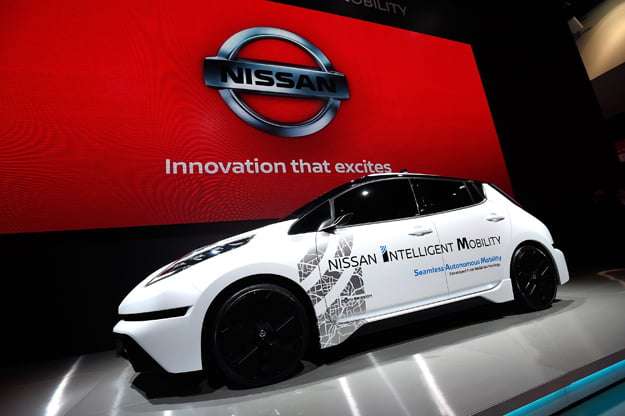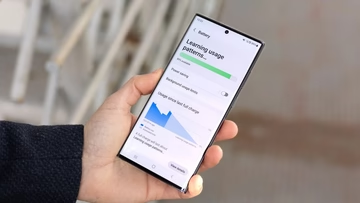
|
Getting your Trinity Audio player ready...
|
Introduction
In a dramatic turn of events, Nissan has reportedly stepped back from its merger talks with Honda, casting uncertainty over a proposed $60 billion deal that would have created the world’s third-largest automaker. The discussions, which initially seemed promising, have been derailed due to differences in strategic vision and corporate control.
Why Did Nissan Call Off the Merger Talks?
Power Struggles and Strategic Misalignment
According to multiple sources, Nissan was reluctant to proceed after Honda proposed making Nissan a subsidiary rather than engaging in a merger of equals. This move significantly altered the original structure of the agreement, leading Nissan to rethink its participation.
Honda, Japan’s second-largest automaker with a market value of approximately $51.90 billion, is significantly larger than Nissan, which stands at $9.50 billion. The imbalance raised concerns for Nissan, particularly regarding control and autonomy.
Investor Reactions and Market Impact
Following reports of Nissan pulling out, the company’s shares dropped more than 4%, prompting a temporary suspension of trading by the Tokyo Stock Exchange. Conversely, Honda’s shares rose over 8%, indicating investor relief over avoiding a potentially risky partnership.
The Role of Renault in the Merger Talks
Renault, which holds a 36% stake in Nissan, has maintained a neutral stance, but a spokesperson stated that it would “vigorously defend the interests of the group and its stakeholders.” The French automaker had previously indicated openness to the deal in principle, but with Nissan’s withdrawal, Renault’s involvement remains uncertain.
Nissan’s Turnaround Challenges
Current Financial Struggles
Nissan has been undergoing a turnaround plan, which includes:
- Cutting 9,000 employees globally
- Reducing 20% of production capacity
- Navigating economic pressures from potential US-Mexico tariffs
Despite these efforts, Nissan continues to face significant hurdles, particularly as it struggles to keep up with the shift towards electric vehicles (EVs).
Honda’s Concerns Over Nissan’s Future
Honda was reportedly growing skeptical of Nissan’s ability to successfully execute its turnaround plan. Nissan has been in a downward spiral since 2018, following the arrest and ousting of former chairman Carlos Ghosn, which severely impacted the company’s stability.
The Global Auto Industry at a Crossroads
Competition from Chinese EV Manufacturers
Both Nissan and Honda have been facing mounting competition from Chinese automakers like BYD, which are aggressively expanding their global presence. The proposed merger was seen as a way for the two Japanese companies to compete in the rapidly evolving EV market.
Impact of US Trade Policies
The Biden administration’s tariff policies and trade disputes between the United States, Mexico, and China have added uncertainty to the auto industry. Nissan, which has greater exposure to these tariffs compared to Honda, is particularly vulnerable to shifts in trade regulations.
What’s Next for Nissan and Honda?
Possibility of Future Talks
Despite Nissan stepping back, industry experts believe there is still a possibility of reviving discussions in a different format. Some analysts suggest that if Honda modifies its approach to align more closely with Nissan’s expectations, negotiations could resume.
Nissan’s Solo Strategy
If the merger remains permanently shelved, Nissan may need to explore alternative partnerships or focus on internal restructuring to stay competitive. Some experts speculate that Nissan could seek new alliances within the Japanese auto industry or with global tech companies.
Honda’s Independent Growth Plans
For Honda, the failed merger does not pose an immediate threat, as the company remains financially strong and continues to invest heavily in EV technology and global expansion.
Industry Expert Opinions
Christopher Richter, an auto analyst at CLSA, noted that “control was a contentious issue, and without control, Honda appears to be walking away.”
Vincent Sun, an analyst at Morningstar, commented that “investors may grow concerned about Nissan’s future and its turnaround efforts.”
Conclusion
The collapse of the Nissan-Honda merger talks underscores the complexities of large-scale corporate integrations, particularly in an industry undergoing rapid transformation. While the deal’s future remains uncertain, one thing is clear—both companies must find new strategies to remain competitive in the evolving automotive landscape.
FAQs
1. Why did Nissan and Honda end their merger talks?
The merger talks fell apart due to strategic differences, with Nissan opposing Honda’s proposal to make it a subsidiary rather than a merger of equals.
2. How did the stock market react to the news?
Nissan’s shares dropped over 4%, prompting a temporary trading suspension, while Honda’s shares surged more than 8%, signaling investor relief.
3. What role does Renault play in this situation?
Renault, which owns 36% of Nissan, has expressed openness to the merger but has stated that it will defend its own interests amid the uncertainty.
4. What challenges is Nissan currently facing?
Nissan is undergoing a turnaround plan involving workforce reductions, capacity cuts, and dealing with tariff risks while struggling to stay competitive in the EV market.
5. Is there a chance that the merger talks will resume?
While the deal appears to be off for now, analysts believe negotiations could be revived if Honda and Nissan find a mutually acceptable structure for the partnership.






